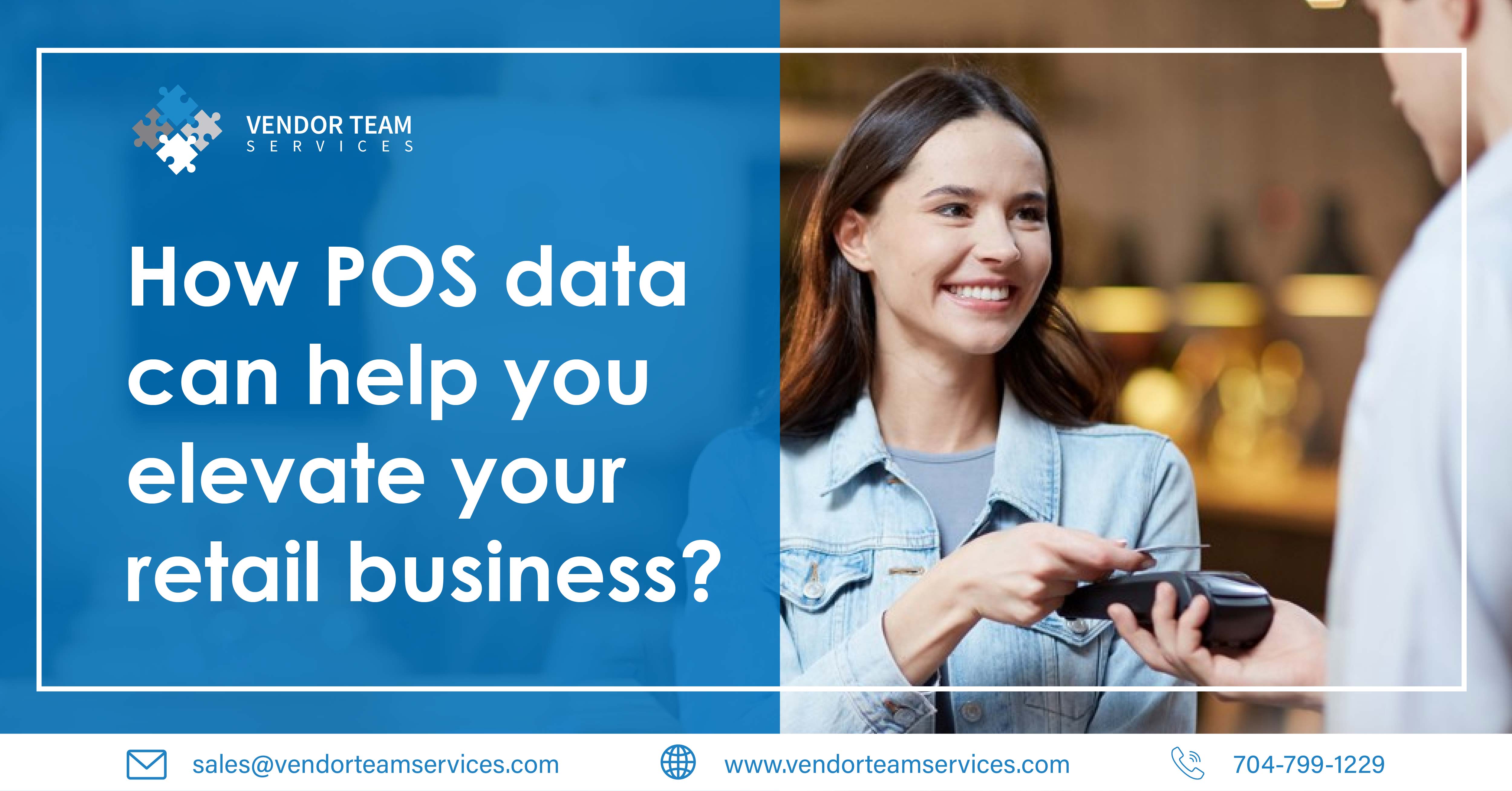Retail POS is an essential tool every retailer first adds to their software suite to run their business. From processing transactions to understanding your position in the market, POS enables a business to access more insightful data than ever before. Every transaction made for your product worldwide is recorded, and that puts you in place to do analytics and strategically devise your business plans.
A business that put these data into good use is winning the race miles ahead of its competitors. In this article, we have assembled a few key metrics from POS that can help you win your race.
Before that, lets quickly talk about why you should reap your data from your POS.
Retail businesses today are predominantly multichannel, thanks to technology. Doing business in multiple sales channels also forces firms to maintain a consistent customer experience both online and offline. But, you cannot do that without your POS data. You should know everything about your sales across different channels to analyze data and execute strategies. Organizations that perfectly bridge their online and offline sales are already winning, and every time you make a data-backed decision, you are increasing your odds of succeeding.
So getting back to how POS data can help you improve your business, here are the three things that you should look into.
Stock and Inventory
Most businesses, mainly small businesses, care less or don’t track inventory at all, and it can prove them costly. The modern POS systems not only do the transactions but also track inventory, manage and transfer stocks at different stores and handle returns and reorders.
The other notable benefits of having POS data analyzed include forecasting product demands, cross-selling opportunities, more precise marketing, and advertising decisions. As the products are tracked throughout their life span in the store from entering the shop to being billed for a customer, it is way easier to track your stock levels, inventory, stock transfers and set up automatic reorder points to make sure your customers always find your products on the store shelves.
Analytics
The most significant impact of POS in the retail business is the data that it produces for the analytics. You can reap plenty of insightful product-specific details like which two products sell well together, customer purchase behaviors, and sale trends.
This will help you sell better, make relevant recommendations to specific customers, and develop more productive marketing campaigns. Tracking refunds, returns, and exchanges are as crucial as anything because when combining with the sales by-product data, it gives more insights on individual product performance and helps you improve customer experience.
Staffing
The least known benefit of tracking POS data is the ability to analyze your employee’s performance.
It is often misunderstood that POS data can only help in analytics and managing sales aspects of the business. But it’s not. Digging deeper into the data can reveal the key performance metrics of your employees. You can identify who is performing and who is not. And also, you can recognize what kind of training your underperforming employees need to perform better.
The staff specific data can be of great assistance during staffing and promotion decisions. You need to have your best salespersons at service when you open a new outlet, and these metrics can identify your top performers.
The other significant benefit is that you can foresee staffing needs anticipating a busy season sale, and best prepare for it by having extra employees get your top performers in on the team. And you can calculate which hours of the day are usually busy with additional foot traffic and schedule employees accordingly to match staff to sale ratio.
It’s in Your Data.
The world has understood that data is the future and is making efforts to store them meaningfully. But, stacking data alone is not enough. Putting that data into fair use holds the key to business development driven by data. Hence, having an excellent system to collect data and cultivate the essential insights is imminent. Remember, your analytics are as good as your input data. So no compromises anywhere.

